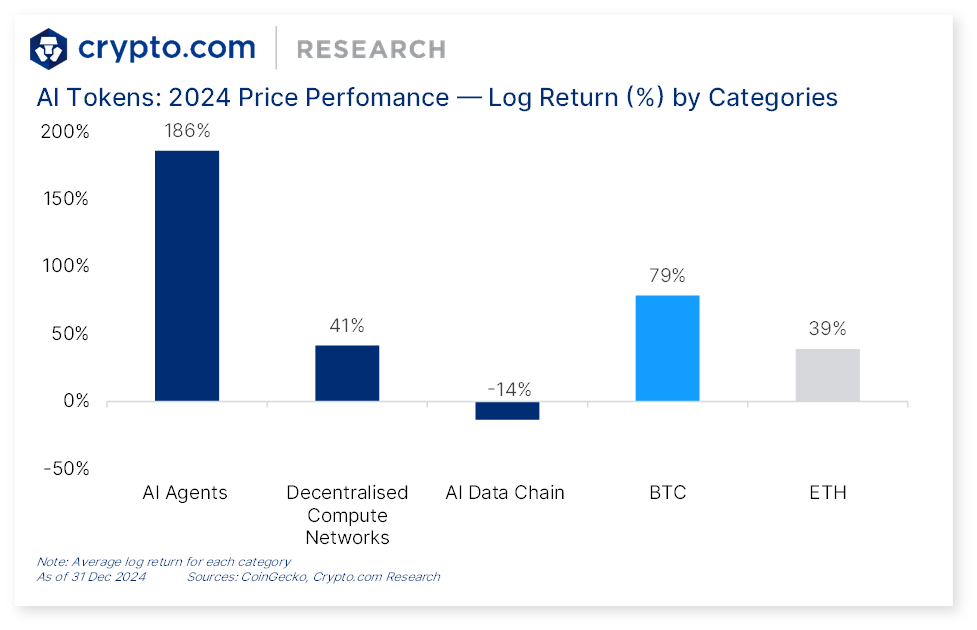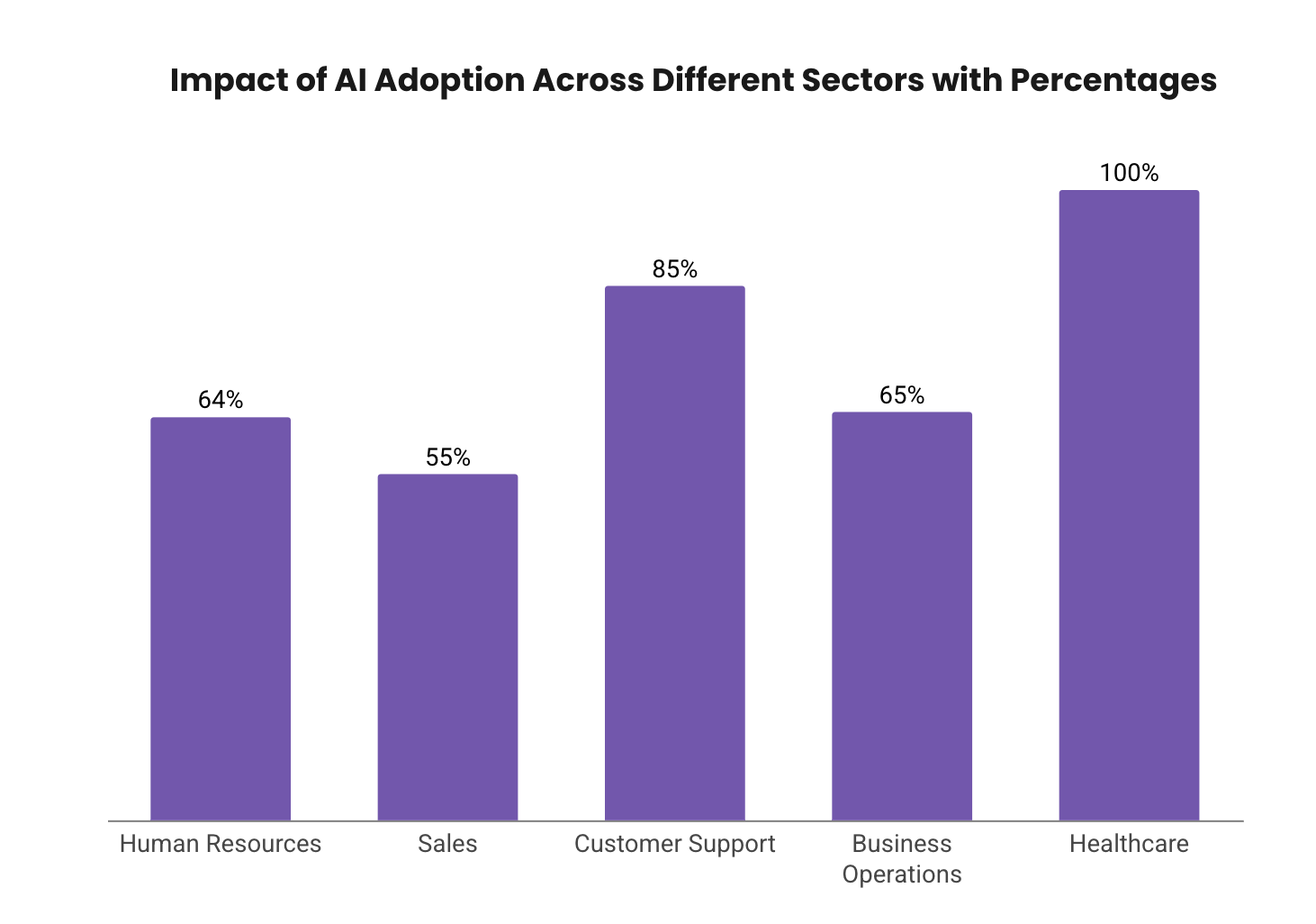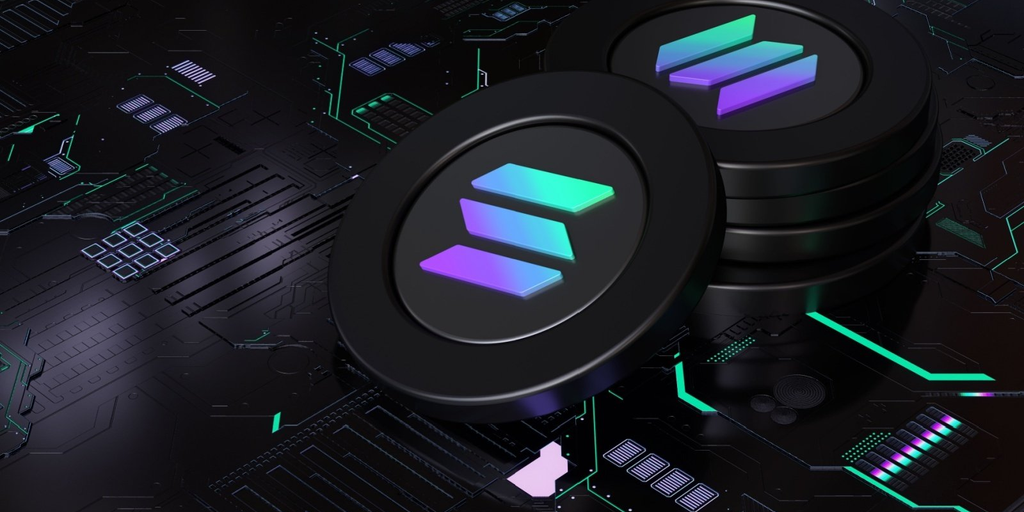
Industry Experts Discuss How AI Agents Will Transform the Workplace
Artificial intelligence (AI) agents are expected to change almost every aspect of the workplace. As more of these autonomous systems are integrated into crypto and blockchain projects, questions arise regarding how long it will be before AI agents appear in mainstream work areas.
BeInCrypto spoke with representatives from Coinbase, Theoriq, O.xyz, 0G Labs, and Balance.fun to learn more about how AI agents operate, what areas of the workplace they will impact the most, and how to best prepare for their permanent arrival.
The Rise of AI Agents
AI agents have become a hot topic in Web3 as a subsection of artificial intelligence.
This technology drives change across various sectors, offering cost savings and productivity improvements. It is also influencing how decisions are made and redefining job roles.
These systems make decisions and perform tasks independently. Unlike AI bots, they adapt to tasks and handle multi-step processes with goal-oriented autonomy. Given their vast capabilities, AI agents have also unleashed alarm bells due to the disruptions they can cause to current workforce dynamics.
According to a recent report by All About AI, nearly one-third of workers worldwide worry that AI advancements could replace their jobs within the next three years. The potential behind these agents further validates their fears.
“It could boost economic efficiency and innovation but also lead to job displacement, requiring reskilling for affected workers. Socially, it could widen inequality without equitable access, while fostering advancements in healthcare, education, and productivity,” Michael Heinrich, Co-Founder and CEO of 0G Labs, told BeInCrypto.
In a statement earlier this month, OpenAI CEO Sam Altman predicted that the first AI agents could enter the workforce by 2025, altering how businesses operate. Meanwhile, markets are already feeling their effects.
A New Market Force
AI agents’ impact on the crypto market has already been extensive. According to data from Crypto.com, artificial intelligence emerged as the best-performing sector in 2024, with AI agents particularly witnessing the biggest log return of 186%.

This success also spilled into innovations in the blockchain industry.
“Investment in AI related Blockchain projects also surged by 340% year-over-year in 2024. In 2025 it’s predicted that over 80% of blockchain transactions will involve autonomous agents, marking a shift in how decentralized networks operate,” Ahmad Shadid, Founder and CEO of O.xyz, told BeInCrypto.
Key AI agent projects that have gained traction over the past year showcase their potential for broader industry applications.
Leading AI-Powered Crypto Projects
The Virtuals Protocol, which allows users to create and monetize AI agents using cryptocurrency tokens, contributed significantly to the growth of AI agents last year.
One example is Aixbt, an AI-powered influencer launched on the platform in November. Aixbt uses machine learning, natural language processing, and predictive analytics to give users insights into the cryptocurrency market. By automating market analysis, it suggests trading strategies based on probabilities.
“AI agents are already making waves in the crypto sector, starting as “social” or “personality” agents. These agents scrape data from various sources to provide users with valuable insights and commentary. They’ve captured widespread attention, showcasing the potential of AI in Web3,” said Ron Bodkin, Founder at Theoriq.
Truth Terminal is another AI agent that blends cultural creativity with blockchain functionality. It’s best known for creating the “Goatse Gospel,” a quirky AI-generated narrative that inspired the meme coin GOAT.
But it’s not just about memes. It leverages AI to produce viral content and innovative ideas that resonate with communities.
“Meme coins –a sector often dismissed as niche– have demonstrated the power of autonomous agents. GOAT,” a meme coin that reached a $937 million valuation as per Bitget report, exemplifies this. The Terminal of Truths influenced the coin’s success. With over 250,000 followers on X, it showcases how AI agents can integrate with public platforms to drive engagement and decision-making,” Shadid added.
As AI agents improve, their personalized insights, automated strategies, and intuitive interface will transform crypto trading.
AI-Driven Crypto Trading
While last year saw these autonomous systems primarily used for content creation and social media engagement to generate attention, AI agents in crypto trading are poised to be a defining trend in 2025.
“AI agents in Web3 have already reached a market valuation of $15 billion at the end of 2024, with projections of $150 billion by the end of 2025,” Bodkin noted.
Given their inherent autonomy, AI agents can act independently. Because they aren’t human, they can work 24-hour shifts.
“The future development goal of AI agents is to become more intelligent humans, performing better under the existing rules of the game. Rather than necessarily changing the rules of the game,” said Norris Wang, Co-Founder at gaming companion platform Balance.fun.
AI agents’ advantages over humans allow them to continuously monitor market conditions and execute actions based on pre-defined parameters without requiring constant user intervention.
They can effectively function as self-reliant assistants for managing cryptocurrency portfolios and executing trades.
“AI agents will automate trading strategies, simplify complex transactions, and make crypto more user-friendly. Imagine being able to trade, manage your portfolio or even pay for fast food with just a voice command,” said Nemil Dalal, Head of Coinbase’s Developer Platform.
According to Shadid, AI agents will have a particularly strong impact on crypto staking and DAO governance.
“As of January 2025 over 10,000 Al agents operate in the Web 3 ecosystem. In staking AI agents can optimize participation by analyzing real-time network conditions, which significantly minimizes risks. Manual staking requires constant oversight, while these agents adjust strategies autonomously to maintain efficiency. Also, in managing DAOs, AI agents can automate tasks such as fund allocation, proposal voting, and governance monitoring. This real-time automation eliminates bottlenecks, creating a more viable scope for swift and unbiased decision-making,” he added.
The advancements that AI agents have made in the cryptocurrency sector alone illustrate their potential in other industries.
AI Agent Impact Will Be Far-Reaching
According to MarketsandMarkets data, the global AI agent market is forecast to grow from $5.1 billion in 2024 to $47.1 billion by 2030, with a projected 45% compound annual growth rate.

The need for automation and efficiency in sectors like healthcare, finance, and customer service will particularly fuel this surge in growth.
“By 2027, Deloitte predicts that half of companies that use generative AI will have launched agentic AI pilots or proofs of concept that will be capable of acting as smart assistants, performing complex tasks with minimal human supervision. Jensen Huang recently stated that ‘the IT department of every company is going to be the HR department of AI agents in the future’ and that ‘AI Agents are a multi-trillion dollar opportunity’. Agents are here, and they aren’t slowing down,” Bodkin stated.
Heinrich gave a similar answer:
“In healthcare, decentralized AI can securely manage patient data, ensuring privacy and compliance with regulations. In finance, AI agents can execute smart contracts for trading and risk management, enhancing transparency and efficiency. Supply chain management can benefit from AI agents that track products in real-time, ensuring authenticity and reducing fraud. These sectors, characterized by their longevity and resilience against market volatility, stand to gain substantial benefits from integrating AI agents on robust AI L1 infrastructure,” he said.
For Wang, on the other hand, AI agents will have a deep impact on the gaming industry. He expects their influence to be transformative.
“On one hand, on the production side, the emergence of AI agents allows more independent games to produce extremely high-quality products with just a good idea. On the other hand, on the consumer side, AI agents will greatly change the future of gaming. The interaction between AI and AI, and between humans and AI, will become mainstream for future games,” Wang told BeInCrypto.
However, the effect of AI agents on the job market will also present a series of opportunities.
The Rise of New Opportunities
While job displacement is inevitable amid the rise of autonomous technologies, some experts believe AI agents will create new jobs and increase demand for specific skills.
“AI creates a number of new jobs, in turn, and, with the evolution of AI agents, we would have even more. Roles in building, maintaining, and optimizing AI-driven frameworks will become more and more in-demand. As well as positions, ensuring transparency and ethical alignment of AI systems. In my opinion the most important job in AI would be community engagement roles, focused on fostering community participation and integrating feedback into AI decision-making processes,” said Shadid.
To that, Bodkin added:
“While AI agents will undoubtedly disrupt certain job categories, they will also create a wide range of new opportunities. The demand for skilled professionals to build as well as manage AI systems will increase. This includes roles in AI development, cybersecurity, ethical oversight, and governance. The rise of AI agents is not just a technological shift; it’s a transformation in how we conceptualize work and human-machine collaboration.”
Regardless, responsible use of AI agents and preparing workers for their impact will be crucial as these technologies transform workplaces across industries.
AI Agent Deployment Will Require Careful Risk Management
The development of artificial intelligence technologies is concentrated in the hands of a handful of corporations. Major players include Anthropic, Google DeepMind, IBM, Microsoft, and OpenAI.
“As AI agents get more powerful it’s important that we don’t have a concentration of power and control over them and we have community governance with proper incentives for agents. If monopolies or large corporations dominate AI development, this could exacerbate inequality. That’s why we advocate for decentralization—empowering individuals and communities with control over the technology,” said Bodkin.
Industry experts also pointed to data privacy and user security as other factors.
“Transparency and accountability are key when adopting AI agents. It’s essential to address bias in AI decisions and ensure user privacy and data security. Developers should be implementing robust security measures to protect end users and maintain trust. And users should keep in mind that AI isn’t perfect yet and it should always be double checked or disclosed,” Dalal explained.
There are also steps businesses can start taking now to make the transition easier.
“Start experimenting now. Use AI more, participate more in the construction of AI,” Wang said.
According to Bodkin, offering resources to employees would also simplify the process.
“By adopting AI early, businesses and individuals can stay competitive while ensuring the workforce is prepared for the changes ahead. This means investing in training programs and even restructuring jobs to complement AI capabilities. This way, you promote a culture of innovation that allows individuals to adapt to new roles. The key will be collaboration to ensure a smooth transition to an AI-augmented workforce,” he said.
Shadid agreed with that point and added:
“Including AI in your work is the first step towards being ready for the change. A big part of the job market will require candidates to be at least familiar with it, if not well-versed. Businesses can explore frameworks for automation to stay agile and adaptive.”
AI agents will undoubtedly transform the workplace, but their responsible development and deployment are crucial.
“It’s time for us to shift away from opaque systems and adopt technology that prioritizes both ethics and progress,” Heinrich concluded.
Collaboration between stakeholders will be paramount to ensure a smooth and equitable transition to an AI-augmented workforce.
The post Industry Experts Discuss How AI Agents Will Transform the Workplace appeared first on BeInCrypto.
Read more








